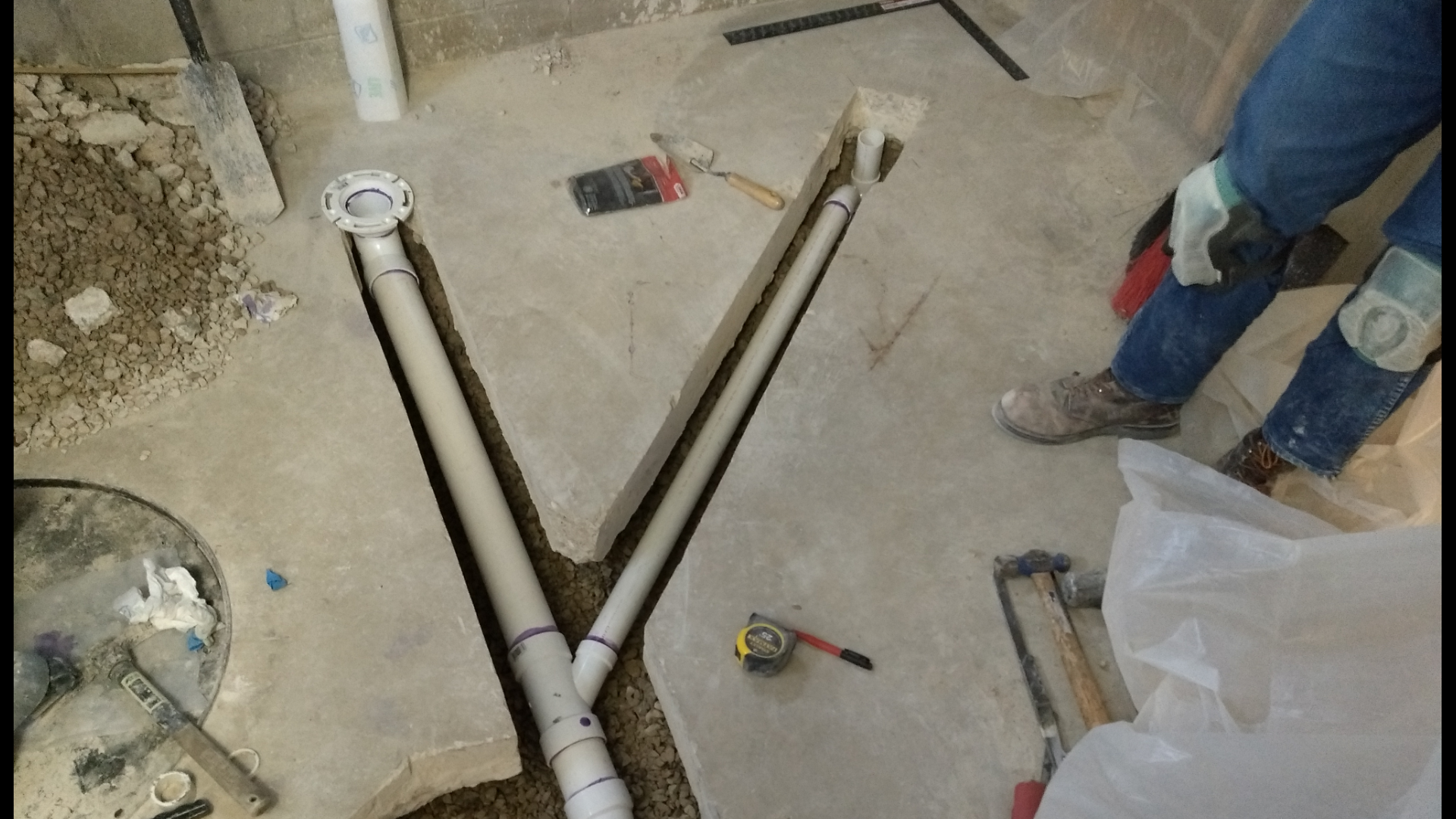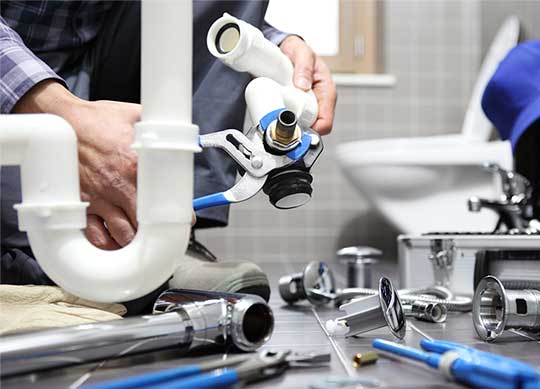To avoid any unwanted and perhaps nasty events involving plumbing problems, the home's plumbing must also be in good working order.
Experts believe that following these guidelines will maintain the plumbing system in good working order and it will assist users to avoid significant plumbing problems in the first instance. We have compiled a list of all the most basic local plumbing recommendations below to assist customers.
TIP 1:-
While replacing the cartridge in such a faucet or even the valve in a bathroom, the odds of serious damage are very slim. The most common reason for a leaky bathroom sink is worn-out flappers. A replacement flapper is inexpensive and includes an easy-to-follow instruction booklet.
TIP 2:-
Push it down the tube and draw it back out the first time you get a clogged drain in the house. This might seem like much more trouble. So, You may remove the clog from its own drain with a moist vacuum cleaner. During your next trip to a supermarket, keep these suggestions in mind.
TIP 3:-
Toilets should be cleaned out, as most backup systems and built-ups are easily accessible to a plumber. With all toilets, vent pipes are along the exterior of your home. People can use both bathrooms if they are close enough to be the same drain.
TIP 4:-
is frequently to blame. So, Thread glue can showerhead e used to quickly remedy the dripping from the showerhead. If your shower is clogged, soak it in a solution of hot water and vinegar for a long period.
TIP 5:-
A clogged septic tank may wreak havoc on the home. It is critical that you keep your sewer pipes in good working order. So, There are some warning indicators to look for, including a foul odour and moist patches around the garden.
TIP 6:-
Please ensure that the thermostat on the water heater isn't adjusted accordingly. In order to keep the water hotter for a longer period of time, you should insulate the tanks. Many utilities offer low-cost or no-cost insulating coverings which are easy to set up. Sediment may build up rapidly in well-fed systems, so empty it every three months.
TIP 7:-
Some items must never be flushed. Baby wipes, face towels, menstrual towels, dental floss, cotton wool, q-tips, diapers, olive oil, and other similar items should all be avoided. So, Verify with the local sewer provider whether users use a septic tank system.
TIP 8:-
Excessive tightening of fittings may result in damaged bolts and stripped screws that can result in leaks. Hands tight seem to be just right: 'Hands tight' indicates it could only be adjusted by hand (with such a screwdriver).
TIP 9:-
Regular monitoring is crucial if the plumbing service depends on a septic tank infrastructure. So, A backed-up septic tank may wreck havoc on the home and the pipes. If sediment accumulates, an unwelcome backlog may enter the home.
TIP 10:-
Remember to check where all the faucets are if you ever need to shut off the water at home. If you have a problem with the water shut-off valve, contact your landlord.


